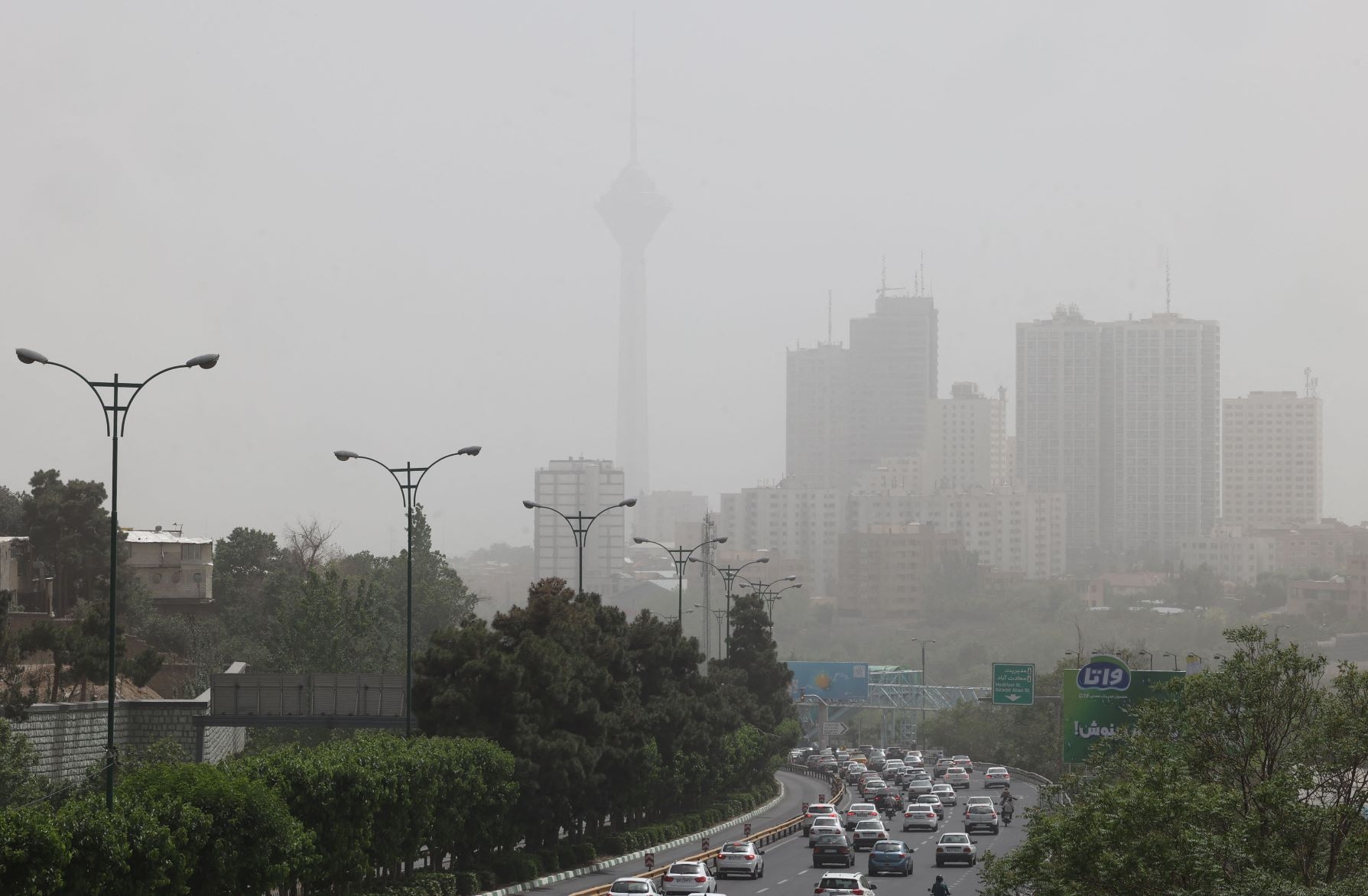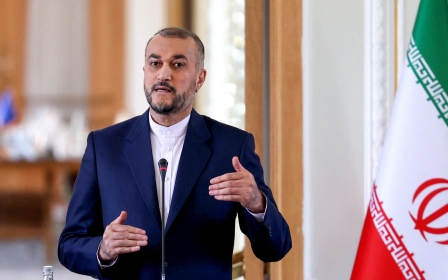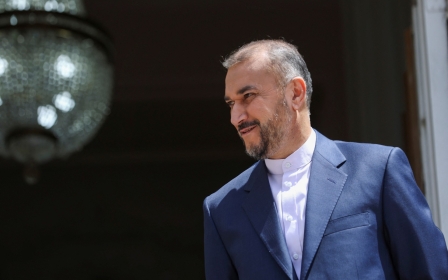Iranian press review: Sir Lankan migrants trapped in Tehran

Sir Lankan migrants trapped in Tehran
A group of Sri Lankan migrants are stranded in Iran after they failed to cross the Iran-Turkey border and human smugglers took their passports and money.
Iran is a common route for refugees and migrants from Afghanistan and Pakistan attempting to reach Europe, but this is the first time that Sir Lankan migrants en route to Europe became stuck in Iran.
The Hamshahri daily reported that the Sri Lankans were victims of a scam in their home country, where a fake migration organisation vowed to find jobs in Europe for the group.
The group arrived in Iran with a visa and then transferred to the Iran-Turkey border, where they were forced to cross the border illegally - which they refused to do.
A Sri Lankan national, who spoke with the daily, said the traffickers beat them up and took all their money and passports, leaving them in the middle of the mountains between Iran and Turkey.
Finally, the group returned to Tehran, but as they had no money to buy their return tickets and pay the fines for overstaying in Iran, they were trapped.
According to Hamshahri, the Sri Lankan embassy in Tehran could not help the group return to their home country due to the economic crisis in their country.
The daily added the Sri Lankans stayed in Iran for more than a month without giving the exact date of their entrance to the country or the number of people stranded in Iran.
Pressure on theatre artists
The ISNA news agency investigated the situation of theatre artists and the censorship Ebrahim Raisi’s administration has imposed on them during recent months.
Since April, six plays have been banned by the Iranian government, wrote the news agency.
According to ISNA, the responsible offices in Iran’s culture ministry did not give any explanation for the bans. However, some of the plays received new permissions after the artists agreed to make changes in their work.
Khooninzar was one of these plays that had nine rounds of “revision”, a term used by Iran’s culture ministry instead of censorship.
This solo play was about a young girl moving from a small city to the capital Tehran in search of a new life and the hardship she encountered.
Another case was Papa Anton Daughters, which was banned due to the short video the theatre group made in Tehran’s main cemetery, Behesht-e Zahra, to advertise the play.
Behesht-e Zahra filed a complaint against the play, accusing the group of “desecration of Islamic values” and recording video in the cemetery without permission.
Dangers of new nuclear deal for ordinary Iranians
A prominent reformist political analyst and writer has warned about three potential outcomes of a new nuclear deal between Iran and world powers that could negatively impact ordinary people in Iran.
In an opinion piece for the Etemad daily, Ahmad Zeidabadi warned that Iran’s gains from a new deal would be short-lived if the authorities do not shape a strategy for the deal’s benefits.
'These [conservative] forces might begin new adventures in other countries to create tensions in Iran’s foreign relations'
- Ahmad Zeidabadi, Etemad
The outspoken analyst - who was imprisoned for six years after the 2009 anti-government protests - warned that the conservatives and Islamic Revolutionary Guards Corp, who oppose any agreement with the West, would be the first forces attempting to neutralise the new deal.
“These forces might begin new adventures in other countries to create tensions in Iran’s foreign relations,” wrote Zeidabadi.
Zeidabadi wrote that the authorities’ access to frozen funds in other countries and increased income from oil and gas exports could also cause other problems for ordinary people.
“The other danger is that the government halt reforms in Iran’s economic structure and shower money on society to reduce the pressure from the opponents of economic reforms,” he explained.
He added that the last danger would occur if the authorities used all the new sources of money to tighten their grip on Iranian society.
Middle East Eye propose une couverture et une analyse indépendantes et incomparables du Moyen-Orient, de l’Afrique du Nord et d’autres régions du monde. Pour en savoir plus sur la reprise de ce contenu et les frais qui s’appliquent, veuillez remplir ce formulaire [en anglais]. Pour en savoir plus sur MEE, cliquez ici [en anglais].





